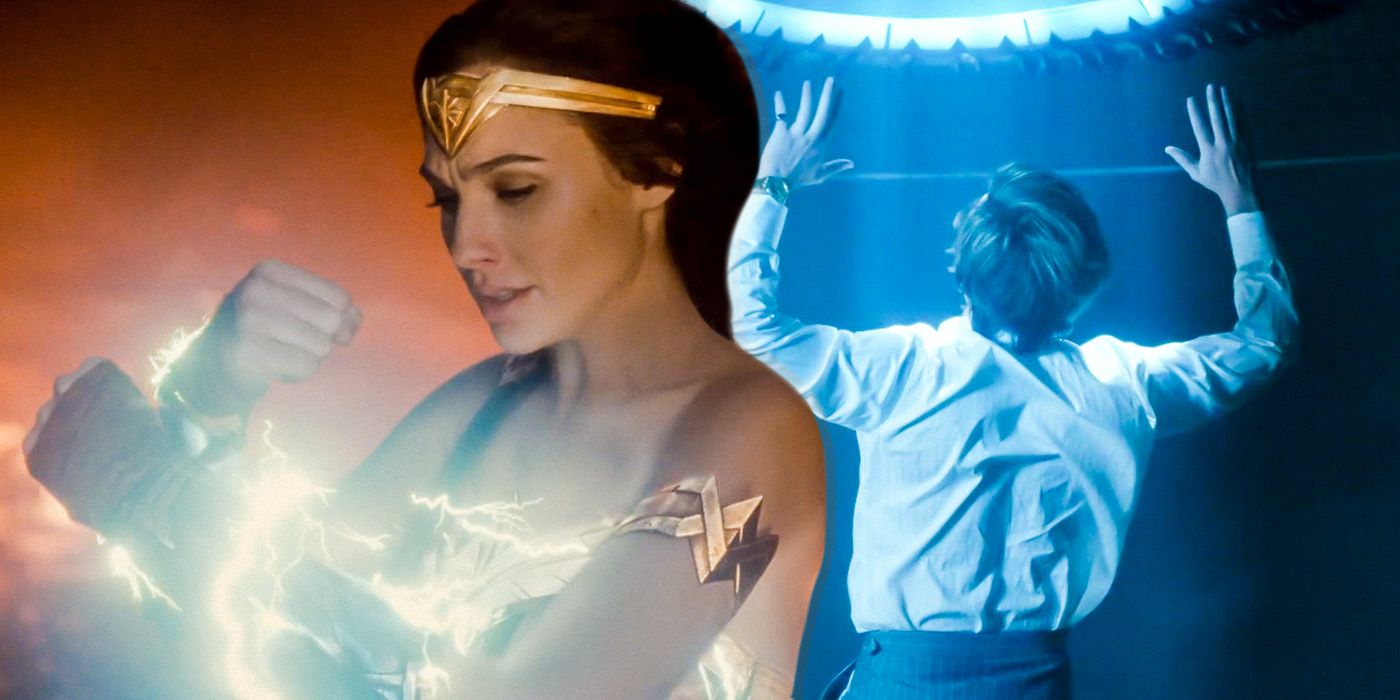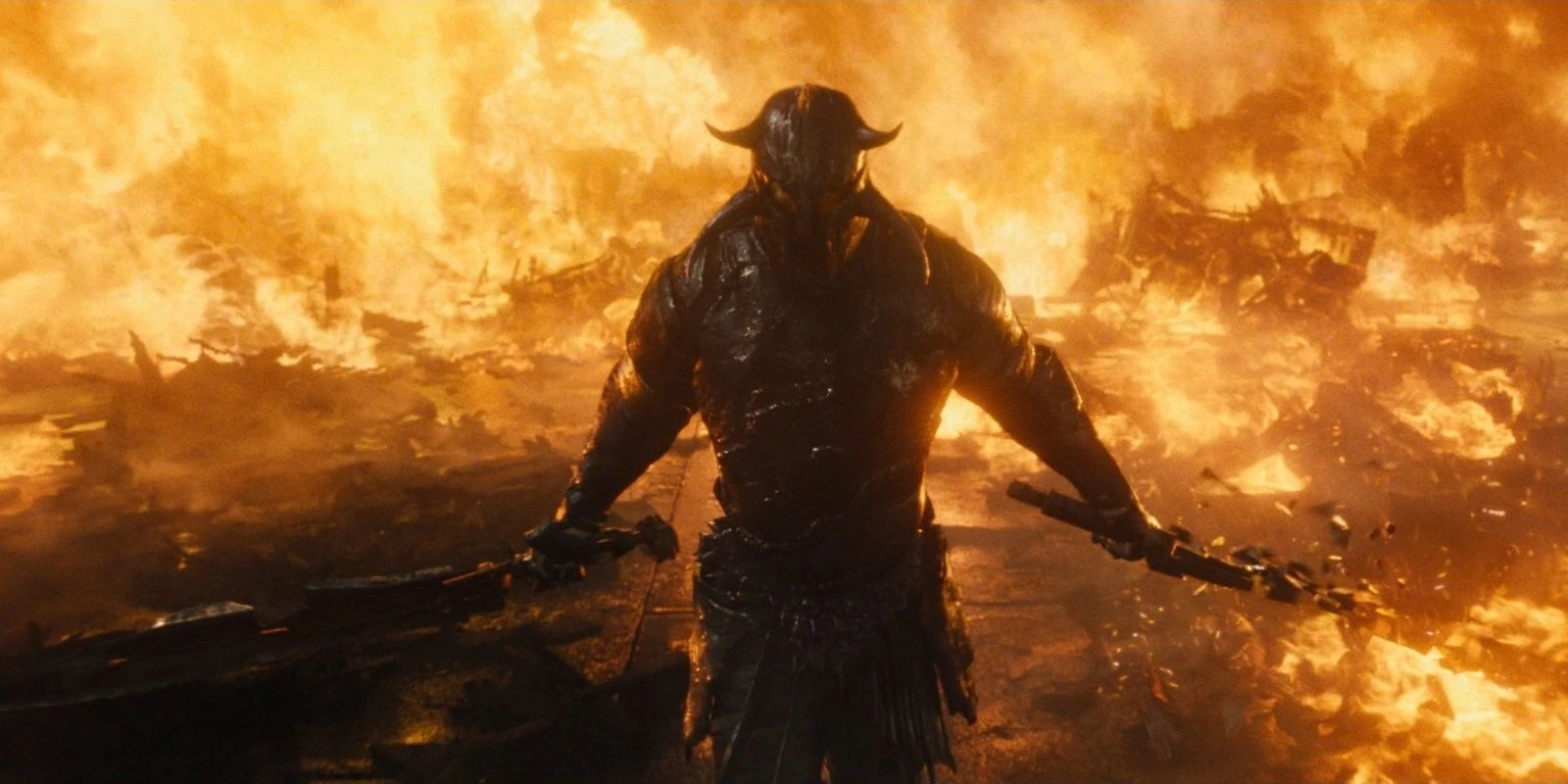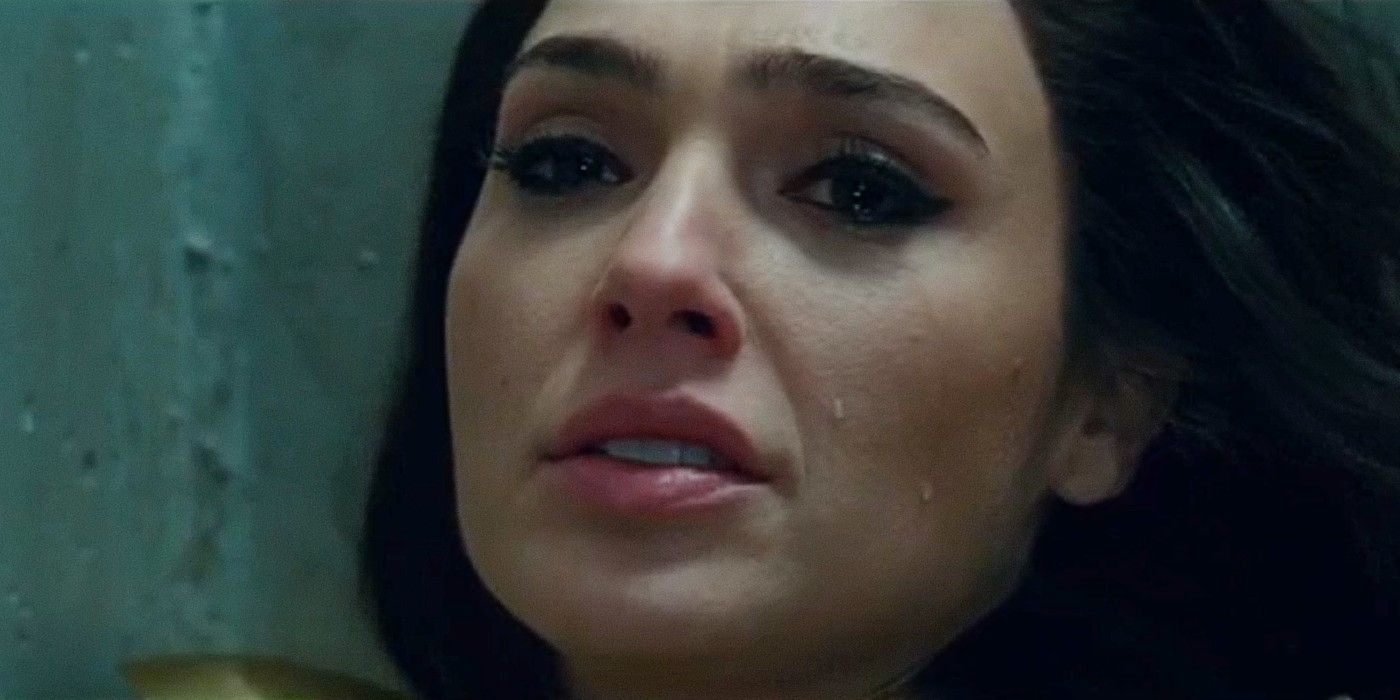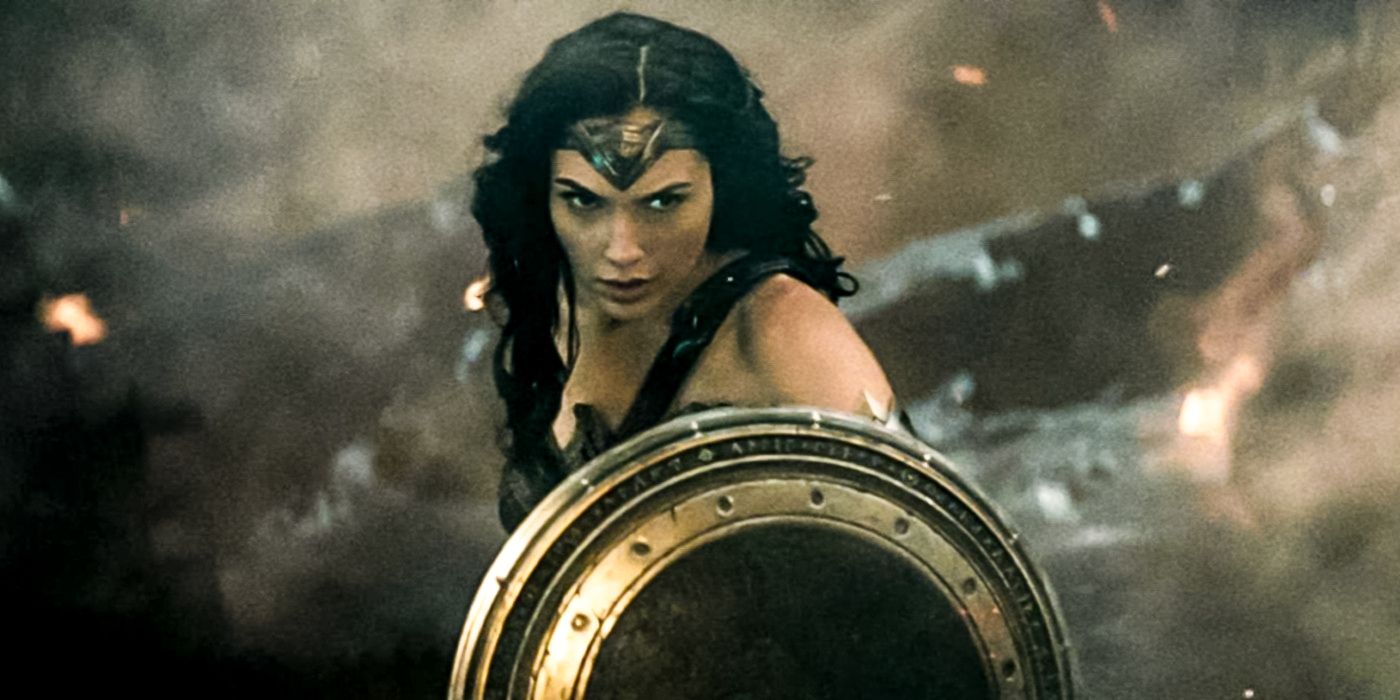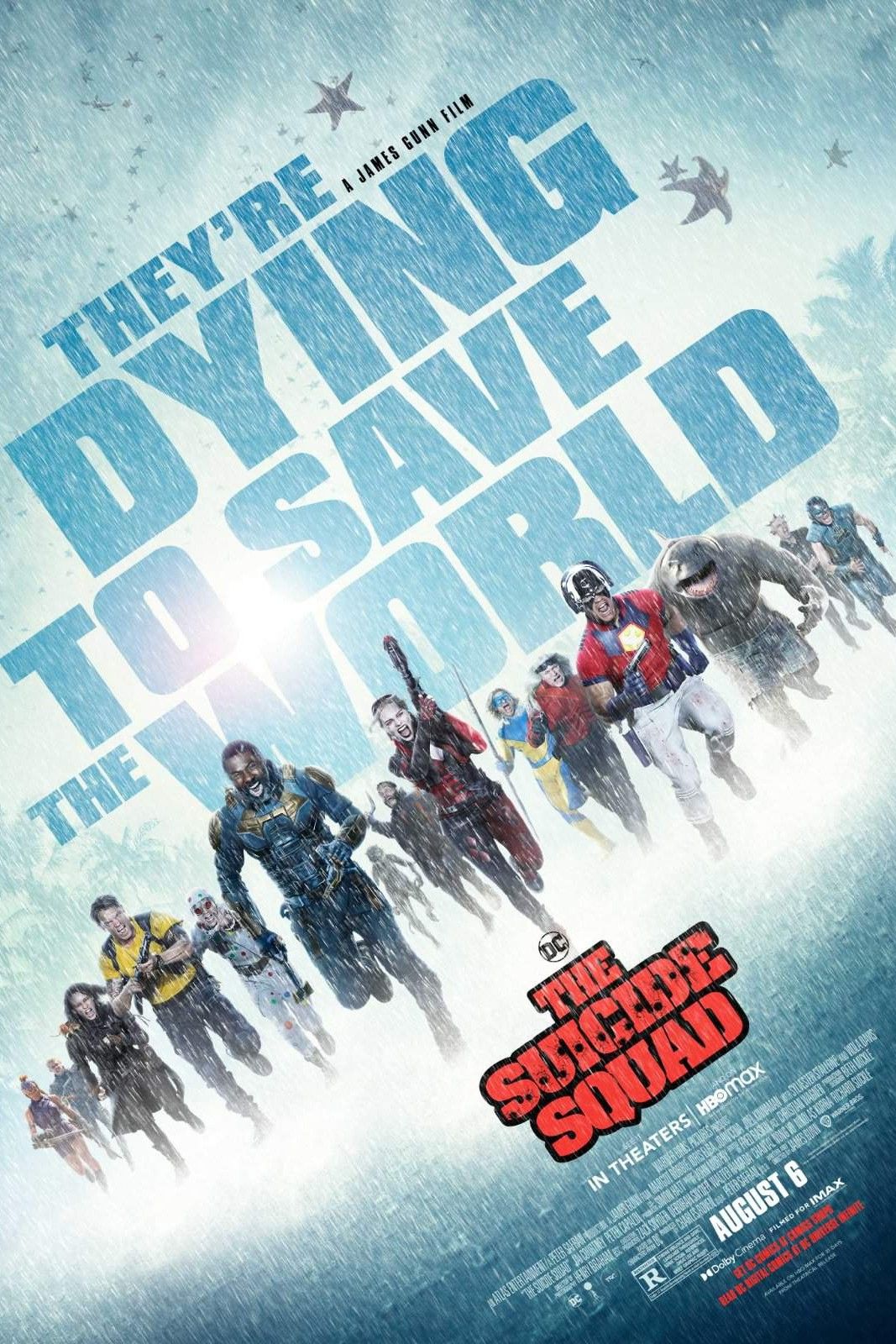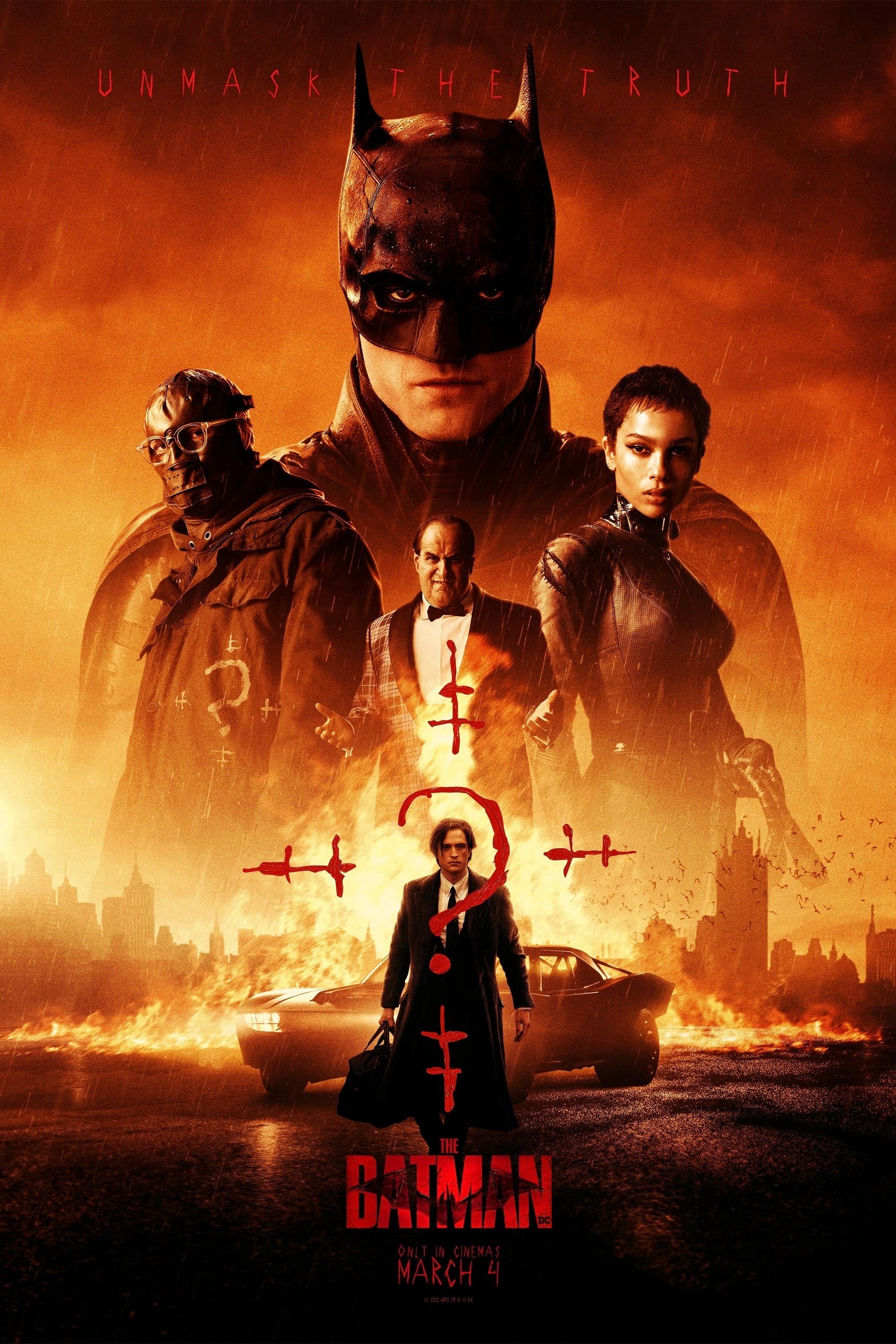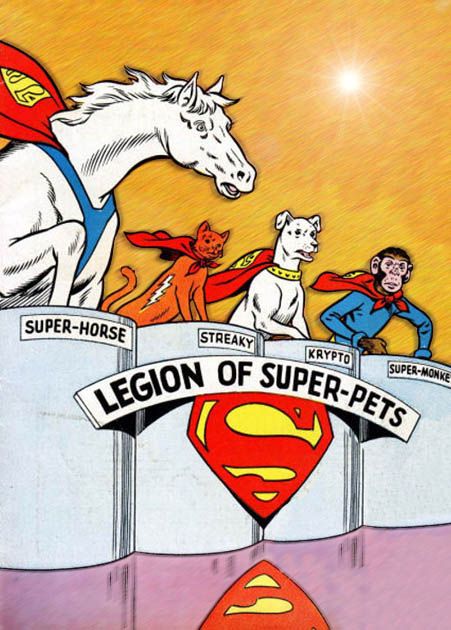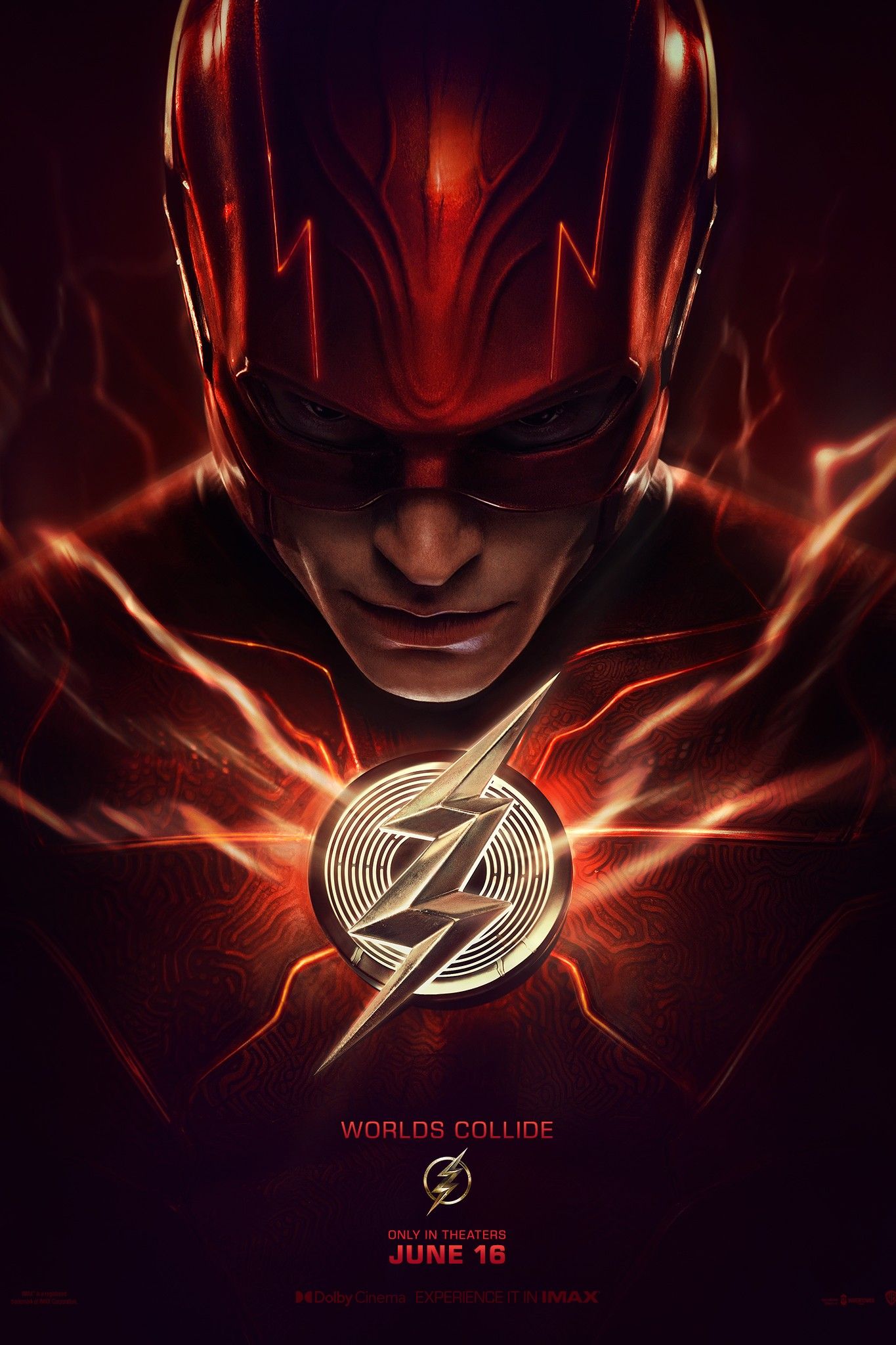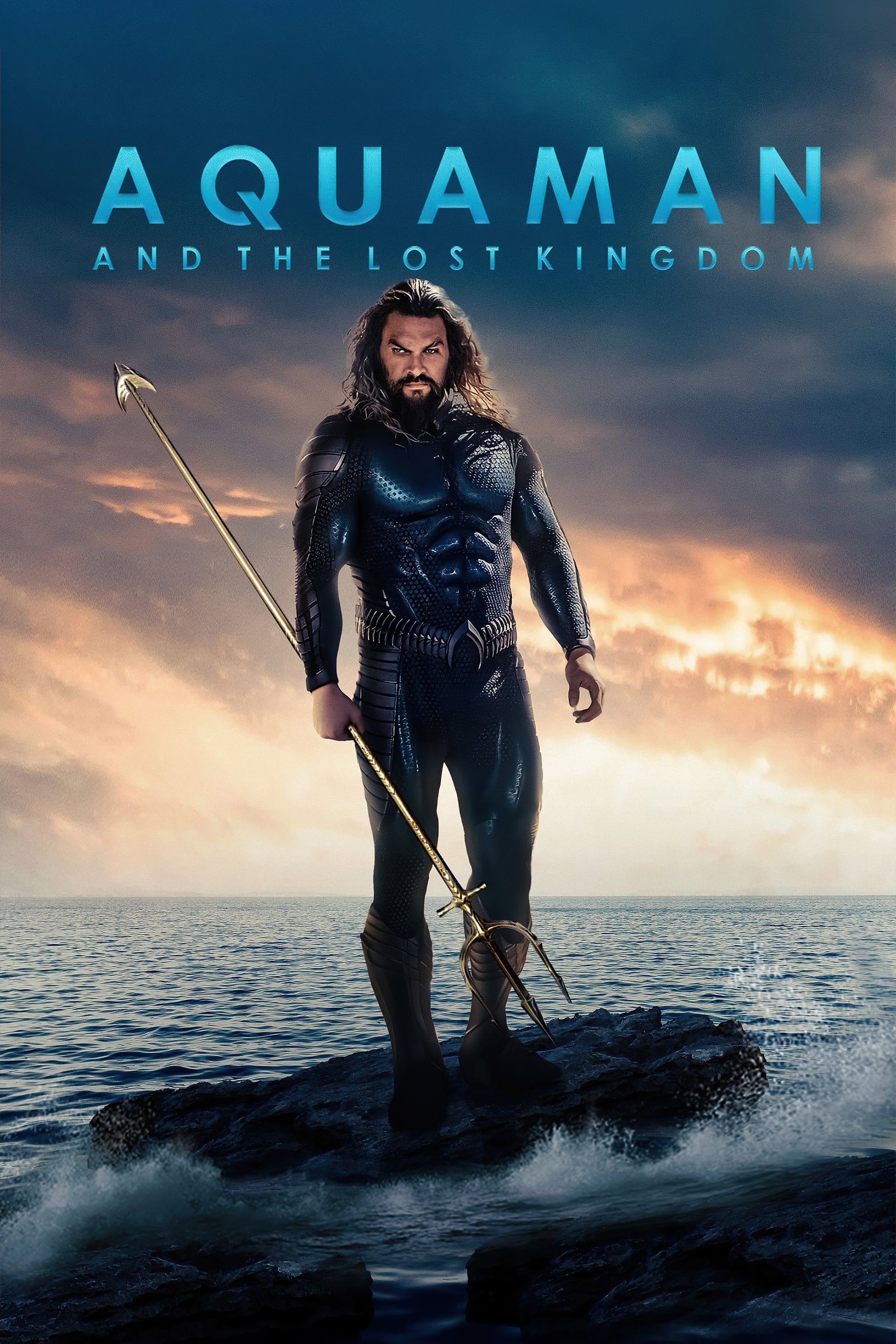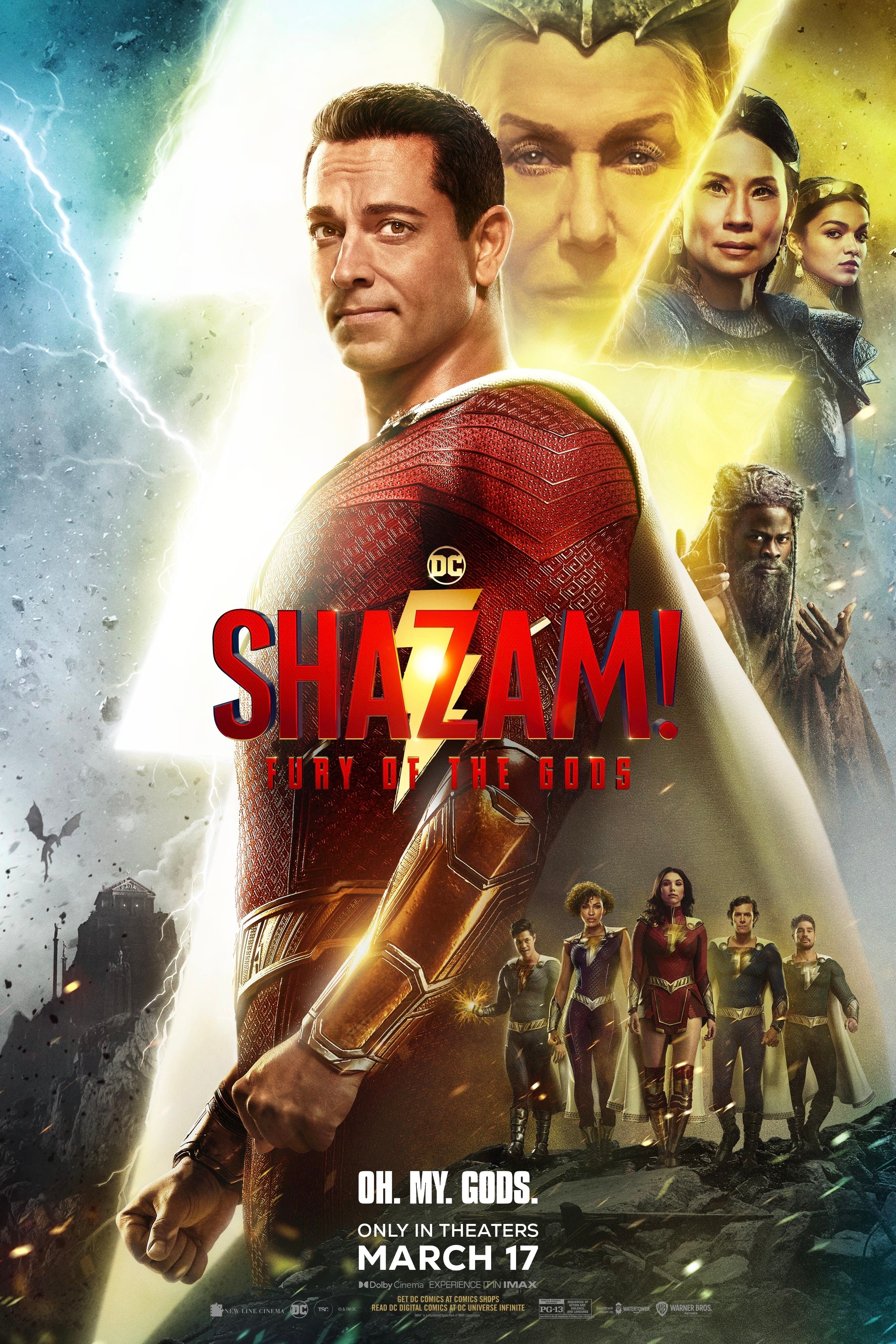While Wonder Woman 1984 has been more divisive than its predecessor, it succeeds in one way that 2017's Wonder Woman fell short: delivering a worthy ending that's consistent with the rest of the movie's story arc. Rather than needlessly throwing in a last-minute bombastic CGI battle with a mustache-twirling villain, Wonder Woman 1984 sees Diana succeed by appealing to her core value of truth, no matter how painful it might be.
Wonder Woman 1984 begins with a memory from Diana's childhood, in which she competes in the Amazon games on Themyscira and cheats in an attempt to win. After stopping her before the finish line, Antiope chastises Diana for trying to take a short cut, and advises her that nothing good is ever born from lies. The opening sets up the core themes of the sequel, which features a Monkey's Paw-esque artifact called the Dreamstone. The Dreamstone offers to grant people's deepest wishes, but those wishes come with a dark, hidden cost.
The first Wonder Woman movie was about a journey from naivete to maturity, but it stumbled at the final hurdle and muddled its message. Fortunately, Wonder Woman 1984 doesn't make the same mistake. The sequel not only delivers a better ending for its own story, but also belatedly gives Wonder Woman the ending it should have had.
Wonder Woman's Biggest Problem Was Its Ending
Perhaps the worst thing about Wonder Woman's ending is how close it came to perfection. The film opens with a naive Diana learning about World War I, and deciding that such an terrible war must be the work of the vanquished Olympian god Ares. Tasking Steve Trevor to take her to where the fighting is worst, Diana plans to end the war by killing Ares and breaking his spell. She believes that General Ludendorff, a German military leader who is plotting to prolong the war, is Ares in disguise. In one of the film's most powerful moments, Diana kills Ludendorff and waits expectantly for the guns to stop firing - only to realize that the death of a single man hasn't ended the war. The weight of Steve's own harrowing experiences in the war breaks through as he tells Diana that Ares was never responsible for the fighting: "You don't think I wish I could tell you that it was one bad guy to blame? It's not. We're all to blame."
This epiphany would have been a suitable end for Diana's coming-of-age arc, as she comes to terms with the fact that the evils of the world of men cannot be blamed on the manipulation of a single god, or solved by killing that god. However, Wonder Woman's ending then undermines this message by revealing that British politician Sir Patrick Morgan actually is Ares, at which point a big CGI battle ensues. The script tries to maintain its message, with Ares saying that he never forced mankind to start any wars, only whispered in their ears ideas for deadlier weapons. Ultimately, though, Diana shoots a lightning bolt at Ares that leaves nothing but a giant smoking crater behind - and as soon as the dust settled she notices the guns have stopped firing. The sun rises on the horizon, the surrounding soldiers remove their masks as if emerging from a trance, and there's an immediate cut to British crowds celebrating the end of the war.
It's a typical happy Hollywood ending, but also one that betrays the far more mature conclusion that Wonder Woman had just set up. The final battle with Ares was called out by both fans and critics for weakening the film as a whole. Director Patty Jenkins has since revealed that the ending battle was studio-mandated, saying, "The original end of the first movie was also smaller but the studio made me change it at the last minute... And so, that’s always been a little bit of a bummer that that’s the one thing people talk about because I agreed." This would explain why Wonder Woman's last 20 minutes seem to fit so poorly with the rest of the movie, and Wonder Woman 1984's third act indicates that Jenkins was keen to avoid the same mistakes in the sequel.
How Wonder Woman 1984 Addresses The First Movie's Criticism
From the outset, Wonder Woman 1984 distinguishes itself from both the first movie and from the rest of the DC Extended Universe by having Diana eschew violence. Man of Steel, the very first entry in the DCEU, controversially ended with Superman ending General Zod's invasion of Earth by breaking his neck and killing him. In Batman V Superman: Dawn of Justice, Wonder Woman teamed up with Batman and Superman to defeat Doomsday by stabbing the creature with a kryptonite spear. And in Wonder Woman's first solo outing, she defeated the bad guy by calling down enough heavenly lightning to reduce him to atoms. Rather than continue this pattern, Wonder Woman 1984 presents an ending where evil isn't defeated by violence but by Wonder Woman's core value: Truth.
The first thing that Wonder Woman 1984 does better than its predecessor is properly setting up its main antagonist, Maxwell Lord. Though he's initially presented as an untouchable millionaire type along similar lines to Lex Luthor, it's quickly revealed that Lord's business is on the brink of bankruptcy and he's desperately worried that his son, Alistair, will see him as a failure. It's a far more tangible motivation than Ares (whose motivation was basically just that he liked war and disliked humans), and creates enough sympathy for Lord that the audience doesn't actually want to see him killed by Diana at the end of the movie. Moreover, Diana herself doesn't want to kill him.
Significantly, Diana doesn't wield her sword or shield in Wonder Woman 1984. Instead she fights only using the Lasso of Hestia (also known as the Lasso of Truth) and the golden armor of Asteria, which was designed to withstand damage rather than inflict it. Diana also prevents the resurrected Steve Trevor from shooting any of the goons who are under the thrall of Lord's wish magic, reminding him that their actions are not their own fault.
Just as she did in the first movie, Diana pinpoints a malevolent god as the source of all the trouble - this time, Dechalafrea Ero, a god of lies and deception. However, instead of killing the god (who isn't actually present in the movie) she saves the world by using the Lasso of Truth to show people the lies that their cursed wishes are built upon, and convincing them to renounce them. It's an ending that actually pays off Steve's words from the final act of Wonder Woman: "We're all to blame." Rather than fixating on the god of lies or even Maxwell Lord, Diana issues her appeal to mankind as a whole.
How Wonder Woman 3's Ending Can Be Better
While Wonder Woman 1984's ending is an improvement over the previous movie, it's not quite perfect. There's still an unexciting CGI battle in the third act, though this time it's with secondary antagonist Cheetah rather than with the "final boss." And while Wonder Woman saving the world through non-violence was a refreshing and innovative end to Wonder Woman 1984's story, that doesn't necessarily mean that Diana should be a pacifist in her next solo outing. Instead, Wonder Woman 3 should close out her journey to becoming the superhero seen in Batman V Superman.
Though the film as a whole was panned by critics, Wonder Woman's arrival in the final battle of Batman V Superman - punctuated by the electric cello hook of Junkie XL and Hans Zimmer's "Is She With You?" - was one of the film's most thrilling moments, and one that got a huge reaction from theater audiences. In Wonder Woman, Diana was unaware of the full scope of her god-like power until the very end, and in Wonder Woman 1984 she left her sword and shield at home. It only feels appropriate to close out the trilogy with Diana using her full range of weapons and powers, including her newfound ability to fly.
That doesn't necessarily mean that Wonder Woman 3 needs yet another world-ending catastrophe for Diana to face off against in the final act. In fact, it would be far more effective to make the movie's ending a personal affair. To bring Diana's story full circle, Wonder Woman 3 could see her return to Themyscira to protect her own people from a threat specific to the Amazons, like classic Wonder Woman comic villain Circe. Wonder Woman 3's ending will have to pay off not only its own story, but Diana's journey so far - and what better way to do that than by going home?

